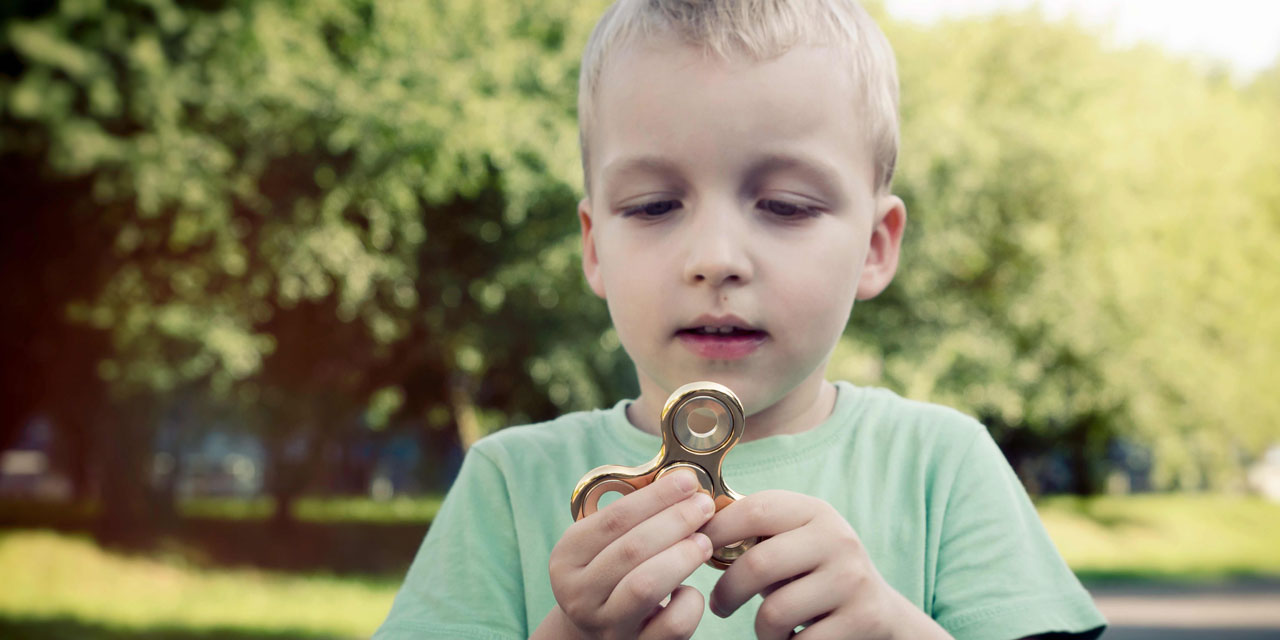ADHD & Attention Deficits
Exploring Alternative ADHD Treatments: Mindfulness, Neurofeedback, and Specific Diets
When it comes to managing ADHD (Attention Deficit Hyperactivity Disorder), medication is often the go-to solution. However, many parents are now exploring alternative ADHD treatments that focus on holistic and natural methods to help their children thrive. These alternative approaches can complement traditional treatments or serve as stand-alone options for those seeking a more natural path.

Why Consider Alternative ADHD Treatments?
While medication has been proven effective for many children with ADHD, it’s not without its challenges. Side effects such as sleep problems, loss of appetite, and mood swings can be concerning for parents. Additionally, some families prefer to avoid medication due to personal beliefs or because they feel it doesn’t fully address their child’s unique needs.
This is where alternative ADHD treatments come into play. By exploring different methods such as mindfulness, neurofeedback, and specific diets, parents can find strategies that work best for their child’s individual circumstances. Let’s dive into some of these alternatives.
Mindfulness: A Calming Approach to ADHD
Mindfulness, the practice of being present and fully engaged at the moment, has gained significant attention as an alternative ADHD treatment. For children with ADHD, who often struggle with attention and impulsivity, mindfulness exercises can provide a calming effect and improve focus.
How It Works: Mindfulness techniques involve breathing exercises, guided imagery, and meditation. These activities help children become more aware of their thoughts and feelings without becoming overwhelmed. Over time, mindfulness can teach children to pause and reflect before reacting, reducing impulsive behaviours commonly associated with ADHD.
Benefits: Research has shown that mindfulness can reduce ADHD symptoms such as inattention and hyperactivity. It also promotes emotional regulation, helping children manage frustration and anxiety, which are often comorbid with ADHD.
How to Get Started: Parents interested in mindfulness as an alternative ADHD treatment can start with simple exercises at home. Numerous apps and online resources designed specifically for children make mindfulness accessible and fun. Incorporating short mindfulness sessions into daily routines can make a big difference over time.
Neurofeedback: Training the Brain for Better Focus
Neurofeedback is another promising alternative ADHD treatment that involves training the brain to improve focus and attention. This method uses real-time monitoring of brain activity to teach children how to self-regulate their brainwaves.

How It Works: During a neurofeedback session, a child wears sensors on their scalp that measure brainwave activity. The child is then guided through exercises encouraging their brain to produce desired brainwave patterns associated with focus and calmness. These exercises are often presented as computer games, making the process engaging for children.
Benefits: Neurofeedback has been shown to reduce ADHD symptoms, particularly inattention and impulsivity. Unlike medication, which works temporarily, neurofeedback aims to create lasting changes in brain function. This makes it a compelling option for parents seeking a long-term solution.
How to Get Started: Neurofeedback requires professional guidance, so parents interested in this alternative ADHD treatment should seek a qualified practitioner. While it can be costly, some families find it a worthwhile investment in their child’s future.
Specific Diets: Nourishing the Brain for Optimal Performance
Diet plays a crucial role in overall health, and it’s no different when it comes to managing ADHD. Some parents have found that specific diets can help reduce ADHD symptoms by eliminating potential triggers and providing essential nutrients.

How It Works: Several dietary approaches have been explored as alternative ADHD treatments. The Feingold Diet, for example, eliminates artificial colours, flavours, and preservatives that may exacerbate hyperactivity. Other diets focus on reducing sugar intake, avoiding food allergens, or increasing omega-3 fatty acids, essential for brain health.
Benefits: While the evidence is mixed, some studies suggest that dietary changes can improve behaviour, attention, and mood in children with ADHD. Even if diet alone isn’t a cure-all, it can be a valuable component of a comprehensive treatment plan.
How to Get Started: Parents interested in using diet as an alternative ADHD treatment should start by consulting with a healthcare professional, such as a nutritionist or dietitian. They can help create a tailored diet plan that meets the child’s needs while ensuring proper nutrition.
Combining Alternative ADHD Treatments
One of the strengths of alternative ADHD treatments is that they can be combined to create a personalised approach. For example, a child might benefit from a combination of mindfulness exercises, neurofeedback sessions, and a specific diet. This holistic approach addresses multiple aspects of ADHD, from brain function to emotional regulation.
Considerations: It’s important to remember that while alternative ADHD treatments can be effective, they may not work for everyone. What’s most important is finding the right combination of strategies that work for your child. Parents should also monitor their child’s progress and adjust the treatment plan.
Finding the Right Path for Your Child
Exploring alternative ADHD treatments can be a rewarding journey for parents who want to help their child succeed without relying solely on medication. Whether through mindfulness, neurofeedback, or dietary changes, these approaches offer new avenues for managing ADHD symptoms naturally and holistically.
If you’re considering alternative ADHD treatments for your child, it’s essential to consult with healthcare professionals to ensure that any new approach is safe and appropriate. With patience and persistence, you may find that these alternative methods provide your child with the tools they need to thrive.
Pingback: Does My Child Have ADHD? A Step-By-Step Guide for Concerned Parents
Pingback: Learning to Manage Your Impulses – C0untd0wn
Pingback: ADHD and Self-Regulation: Learning to Manage Your Impulses - Article Gen